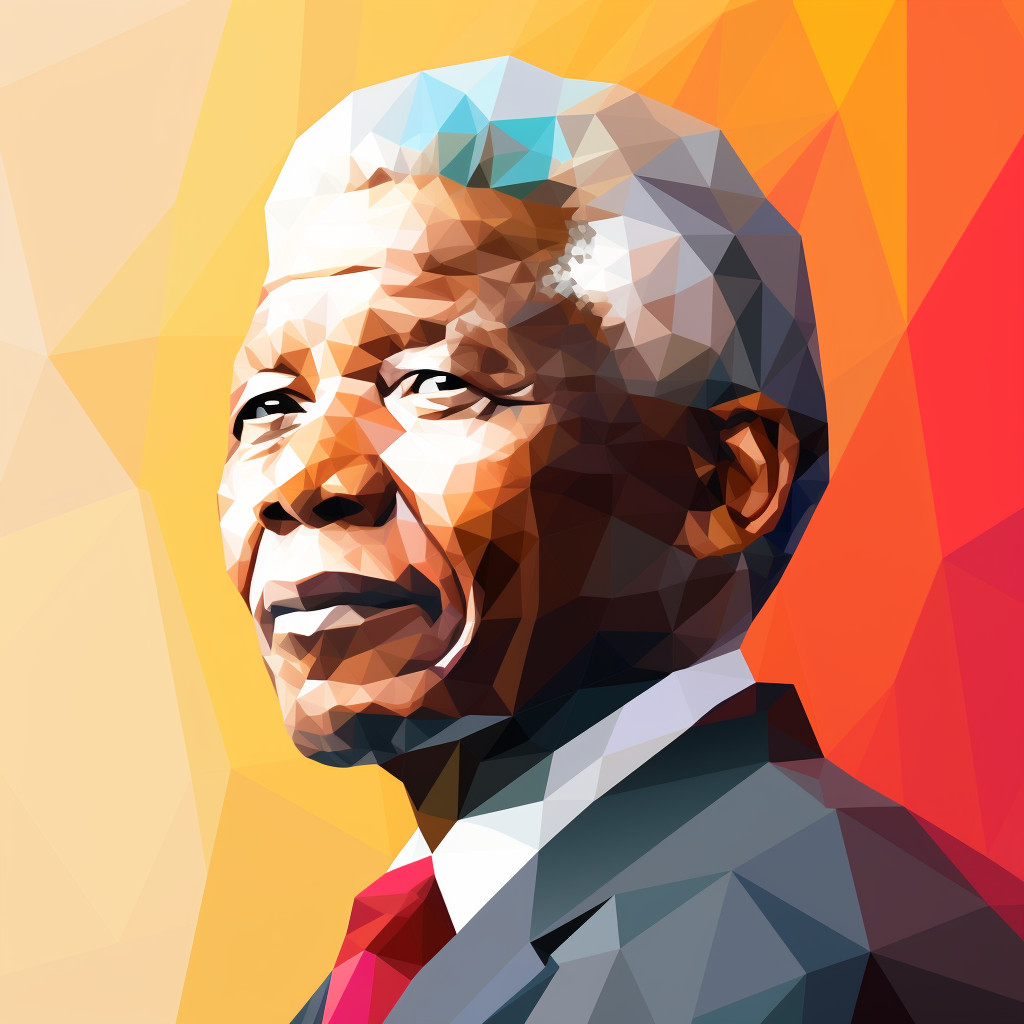This quote highlights the interconnectedness of humanity and the moral obligation that each of us has to address societal issues such as poverty, injustice, and inequality. It underscores the idea that our individual well-being is tied to the well-being of others. If there are members of our society who are suffering, we cannot truly be at peace or rest.
The concept of “none of us can truly rest” suggests that even if we are not directly affected by these issues, we are indirectly impacted. This can be seen in various ways, such as the social unrest that often accompanies gross inequality, or the economic consequences of widespread poverty. The quote suggests that these are not isolated issues that affect only a certain group of people, but rather they are collective problems that require collective solutions.
In today’s world, this idea is particularly relevant. With the increasing wealth gap, racial injustice, and the ongoing effects of poverty, the quote is a call to action for everyone, especially those in positions of power, to take responsibility for these issues. It is a reminder that true peace and prosperity can only be achieved when these societal problems are addressed.
From a personal development perspective, this quote can be seen as a call to develop empathy and a sense of social responsibility. It encourages individuals to look beyond their own circumstances and consider the broader societal context. It suggests that personal growth and fulfillment is not just about individual achievements or success, but also about contributing to the betterment of society as a whole. This can be done in various ways, such as advocating for social justice, volunteering, or using one’s skills and resources to help those in need.







